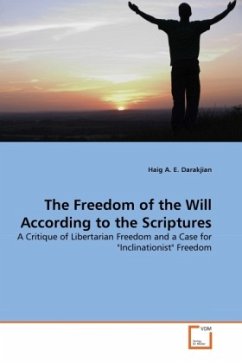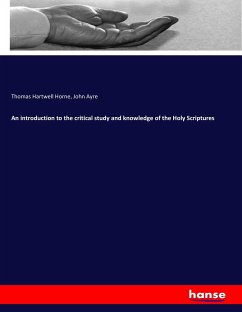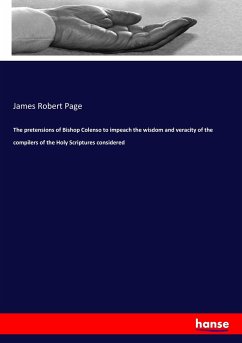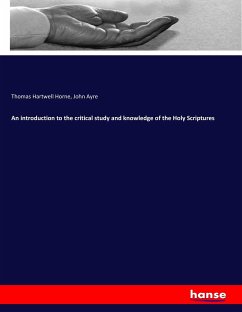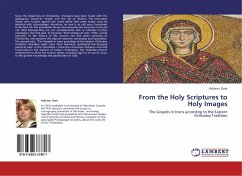The seeming inconsistency between God's sovereignty and human freedom has plagued Christian minds for many years. If God is in control of everything, how can human beings have freedom? If human beings are free, how can God be in control of their decisions? According to Haig Darakjian, this problem arises out of a libertarian definition of freedom that is simply assumed without being tested by scripture. So, Darakjian sets off to critique the idea of libertarian freedom based on concepts taught by God in his Word. He addresses the two major arguments usually made in favor of libertarian freedom arguments from moral responsibility and human dignity. Then, he goes on to evaluate the impact of libertarian freedom on basic biblical doctrines and the Christian life. As he finds inconsistencies between libertarian freedom and scripture, he argues for the adoption of an alternate definition of freedom the freedom of inclination. Darakjian claims that an inclinationist view of freedom is not only more consistent with the scriptures, but it also resolves the seeming inconsistency between God's sovereignty and human freedom.
Bitte wählen Sie Ihr Anliegen aus.
Rechnungen
Retourenschein anfordern
Bestellstatus
Storno

